detail profile ahmad mahmud
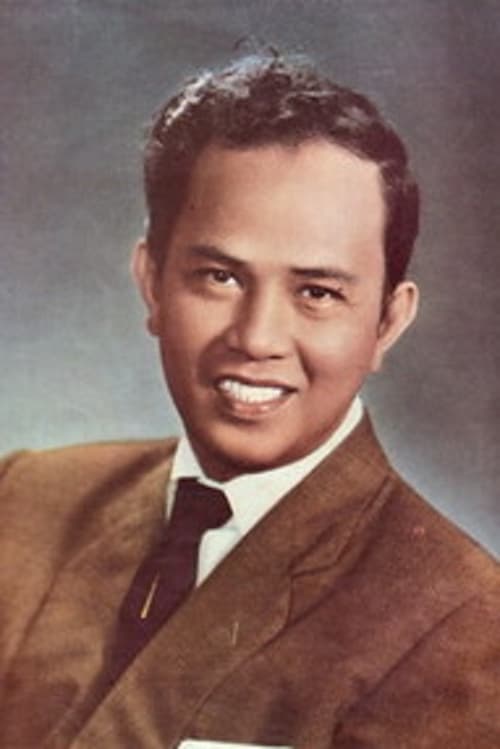
Ahmad Mahmud
Ahmad Mahmood
atau dikenal sebagai
Riwayat Hidup
Datuk Ahmad Mahmud (also spelled Ahmad Mahmood) was a Malay film actor who has graced the field of film in Malaysia and Singapore in the 1950s to the 1990s.
He was born in Rembau, Negeri Sembilan on March 17, 1927.
Among his famous films are "Iman", "Hang Tuah", "Ibu Mertuaku", "Dayang Senandong", "Isi Neraka", "Raja Bersiong" and "Lela Manja".
Info Pribadi
Peran Yang Di Mainkan Ahmad Mahmud
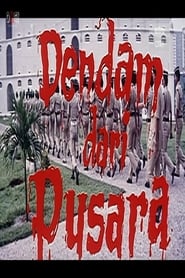 The film tells a group of...
The film tells a group of...Revenge from the Tomb 1983
The film tells a group of villains who want to conqueror a small village. They also intimidate villagers by dropping a chase that is considered to be aggressive and can kill anyone who disobeys their instructions. A hero emerged and tried to defend the village
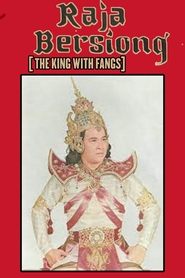 Raja Bersiong the Fanged King is...
Raja Bersiong the Fanged King is...Raja Bersiong 1968
Raja Bersiong, the Fanged King, is a cannibal monarch in the Kedah epic literature Hikayat Merong Mahawangsa (HMM). A king with an intense appetite for human blood that over time he grew fangs and began attacking his own people to feast on them.
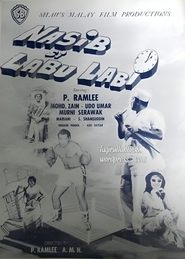 Set sometime after the events of...
Set sometime after the events of...Nasib Si Labu Labi 1963
Set sometime after the events of the previous film, Haji Bakhil's wife has died. Haji Bakhil is alone and depressed, but eventually meets a beautiful young woman named Murni, who is a teacher at a school for orphans. Haji Bakhil spends some time pursuing her, and his attention is apparently not unwelcome.
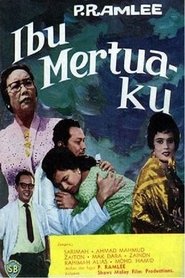 The films story revolves around the...
The films story revolves around the...Ibu mertuaku 1962
The film's story revolves around the tragic love affair between Kassim Selamat, a poor musician, and Sabariah, the only daughter of a wealthy woman. The movie is notable in that the opening act starts out as a light-hearted romantic comedy, but at the 30 minute mark turns into a dramatic tragedy. Like a number of P. Ramlee's works, the film criticizes the unofficial caste system that separates the wealthy from the poor.
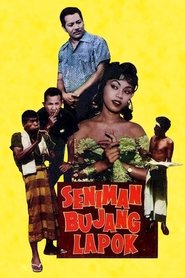 Jobless and penniless the happygocrazy trio...
Jobless and penniless the happygocrazy trio...Seniman Bujang Lapok 1961
Jobless and penniless, the happy-go-crazy trio Ramli, Aziz, and Sudin decide to try their luck as movie stars while navigating the daily challenges of living in a crowded boarding house. The studio manager promises them a break if they can prove their talent in a screen test, but their naivety and inexperience lead to hilarious results. With their ongoing antics, will fame in showbiz change them in any way? The fourth installment of the 'Bujang Lapok' series. This film chronicles the misadventures of the three bachelors as they embark on their quest for stardom. Along the way, they also contend with their eccentric neighbors and Ramli’s budding romance with one of them.
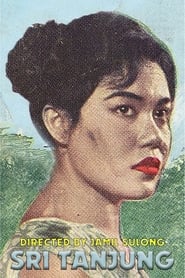 Sri Tanjong tells the story of...
Sri Tanjong tells the story of...Sri Tanjung 1961
'Sri Tanjong' tells the story of the plight of Tanjong and her younger brother Atan, who are orphaned after their mother passes away and are forced to move in with their stepfamily. They are despised upon by their stepmother who abuses them, making Tanjong handle all the household chores, and chastises Atan at every opportunity. Despite the maltreatment, Tanjong performs her tasks with diligence and prepares snacks for her brother to sell in the kampong, but she suffers the humiliation of a lecherous crook. Atan is eager to learn after watching a class in session teaching the Jawi alphabet, but is scolded for outsmarting his half-sibling. Tun Setia, a visitor from afar, sympathises with the waif siblings and desires to help them. He is determined to rid the kampong of crooks and pirates, and bring justice against the wicked.
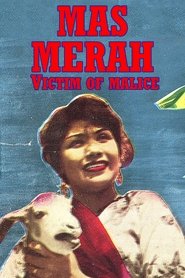 Based on a bangsawan story by...
Based on a bangsawan story by...Mas Merah 1961
Based on a bangsawan story by stage veteran M. Babjan, ‘Mas Merah’ concerns the titular character who is daughter to a family with two feuding wives. Her mother is Mak Merah, who shares a husband (Pak Sagai) with Mak Gelam. Unfortunately, the pair of mothers are not on good terms with each other, often resorting to verbal abuse and catfights to settle their differences. The animosity and resentment get so far as to incite Mak Gelam to injure and kill Mak Merah. After her mother’s death and accusations of impropriety against her, Mas Merah is forced to leave her family and kampong to seek refuge in the wilderness. There, she meets Awang Sulong, a prince who is born and raised in the forest as a consequence of the king’s blind belief in the slander of his mother Puteri Mayang Mengurai. Together, they seek to do good and reverse the atmosphere of lies and betrayals clouding the kampong and the royal court.
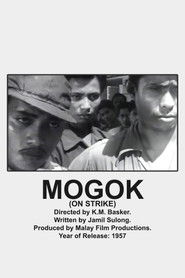 Workers at an Eveready battery factory...
Workers at an Eveready battery factory...On Strike 1957
Workers at an Eveready battery factory are disgruntled because their wages are low compared to a neighbouring factory. The factory manager exploits the workers’ rising discontent by colluding with a traitor within the workers’ ranks to instigate a strike in the factory, part of a devious ploy to take over the factory from the benevolent but incapacitated factory owner/boss. The colluders create dismal working conditions and make use of every opportunity and incident to raise the call for a strike, to sour industrial relations in a bid to close the factory down so that they can coerce the boss to hand over ownership.
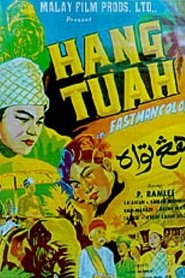 Hang Tuah and his four sworn...
Hang Tuah and his four sworn...Hang Tuah 1956
Hang Tuah and his four sworn brothers, Hang Jebat, Hang Kasturi, Hang Lekir and Hang Lekiu, has pledged to protect the Sultan of Malacca. With their dedication, the five brothers rose quickly from the ranks, especially Hang Tuah whom has proven himself to be an able warrior and leader. When Hang Tuah managed to persuade Tun Teja to marry the Sultan of Malacca, the Sultan was overjoyed and rewarded Hang Tuah with full honours. The old guards felt threatened and envious, decided to frame him.
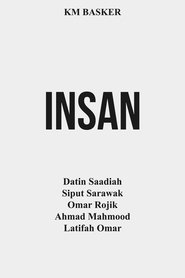 The same year Shaws Malay Film...
The same year Shaws Malay Film...Insan 1955
The same year Shaw’s Malay Film Productions released P. Ramlee’s Penarek Becha, they also produced this melodrama centred around another humble trishaw driver. Like Ramlee’s film it was co-written by young literary upstart Jamil Sulong (who later became a director). Similar issues around class, wealth and modernity are explored through the tale of a kindly older trishaw driver (Omar Rojik) who adopts Jamilah, an orphan and marries her guardian, offering her a simple but better life (including a very, very long visit the circus). As the years pass Jamilah pulls away from her impoverished kampong life towards a world of motor cars and monied families, while kind Omar’s health is failing. A classic slice of social-realist melodrama.
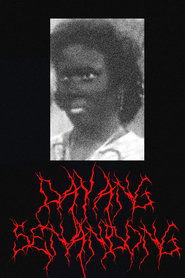 The story of a princess who...
The story of a princess who...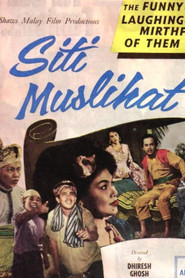 Siti Muslihat is a story that...
Siti Muslihat is a story that...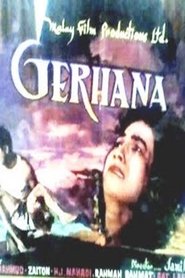 Karim migrate from a village to...
Karim migrate from a village to... The story about a girl life...
The story about a girl life...